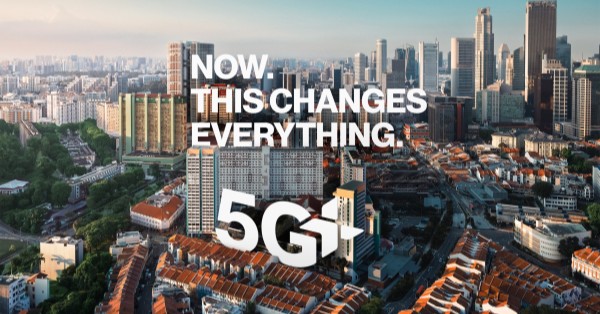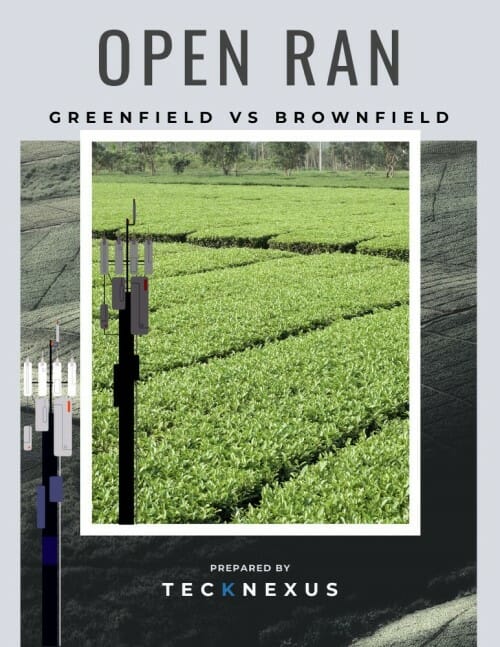Nvidia’s (NASDAQ: NVDA) shares dropped 3% on Monday after The Information reported that some of its major customers, including Microsoft, Amazon Web Services, Google, and Meta Platforms, are delaying orders for the company’s latest AI-powered Blackwell GB200 racks due to technical issues. The report alleged that the initial shipments of the racks have experienced overheating and connectivity glitches, potentially impacting data center deployment schedules.
Despite these challenges, a source close to the matter at Google confirmed that data center orders are progressing as planned, countering claims of widespread delays.
Blackwell AI Racks Face Overheating and Connectivity Glitches
The reported issues with Nvidia’s Blackwell GB200 racks include overheating and problems with chip interconnectivity within the racks. These racks, which house chips, cables, and other critical data center components, are central to Nvidia’s push for advanced AI solutions in hyperscale environments.
Such technical glitches are not uncommon for new-generation technologies. However, the problems have reportedly led to adjustments in orders from major customers. Some companies are opting to wait for improved versions of the racks or shifting to Nvidia’s older generation of AI chips, such as the Hopper architecture, to meet immediate demands.
How Hyperscalers Are Adapting to Nvidia AI Rack Delays
The hyperscalers mentioned in the report — Microsoft, Amazon Web Services, Google, and Meta Platforms — had collectively placed orders for Blackwell racks valued at $10 billion or more. These companies are pivotal to Nvidia’s AI business, given their heavy investment in AI-driven cloud services and infrastructure.
According to the report:
- Microsoft initially planned to deploy GB200 racks equipped with over 50,000 Blackwell chips at one of its Phoenix data centers. However, delays prompted OpenAI, a key partner, to request older-generation Hopper chips instead.
- Amazon Web Services and Meta are also reportedly reassessing deployment timelines for the racks, potentially waiting for refined versions of the technology.
Despite these adjustments, the impact on Nvidia’s overall sales remains unclear. The company could find alternative buyers for the affected server racks, given the surging global demand for AI infrastructure.
Export Restrictions Tighten Pressure on Nvidia AI Chips
Adding to Nvidia’s challenges, the U.S. government recently announced plans to expand restrictions on AI chip and technology exports. These measures could potentially limit Nvidia’s ability to sell advanced AI chips to overseas customers, further tightening the competitive landscape.
Despite Challenges, Nvidia Expects Strong AI Sales
Despite the reported issues, Nvidia CEO Jensen Huang had previously expressed confidence in the company’s ability to surpass its financial targets for the Blackwell chips. During an earnings call in November, Huang stated that Nvidia was on track to generate several billion dollars in revenue from Blackwell chips in its fourth fiscal quarter.
Huang also addressed earlier media reports about overheating issues in liquid-cooled servers equipped with Blackwell chips, denying any systemic problems during initial testing. This confidence underscores Nvidia’s commitment to maintaining its leadership in the AI hardware market, even as it navigates the challenges of scaling new technology.
Nvidia’s Long-Term AI Growth Remains Secure
Nvidia’s position as a leader in AI chips remains solid, despite the recent turbulence. The company’s latest Blackwell chips are integral to enabling next-generation AI applications, which are fueling demand across hyperscale data centers, cloud platforms, and enterprise AI use cases.
Although some customers may delay deployments, the overarching demand for AI infrastructure suggests that these short-term setbacks are unlikely to derail Nvidia’s long-term trajectory. The company is expected to refine its technology, address the reported issues, and continue meeting the needs of its hyperscaler customers.
Conclusion
While reports of overheating and connectivity issues with Nvidia’s Blackwell racks have raised concerns and contributed to a temporary dip in its stock price, the broader picture remains optimistic. Major customers like Microsoft, Amazon, Google, and Meta may be adjusting their strategies, but the underlying demand for AI infrastructure continues to grow. With its robust product pipeline and a clear focus on resolving technical challenges, Nvidia is well-positioned to retain its leadership in the AI chip market.




























